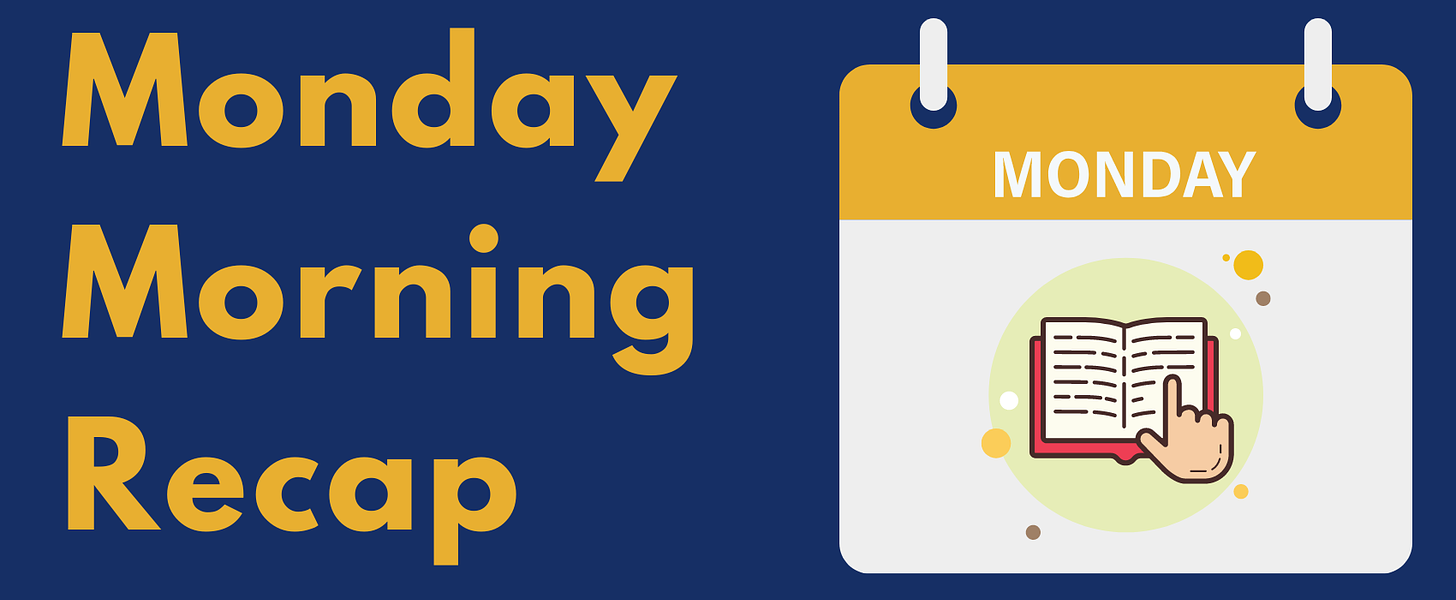Tuesday's Assorted Links
FDIC insurance, old sitcoms, Big Macs, college degrees, and super commuters

Hi y’all! Here are five stories from this week that contained some neat applications of economic principles or are related to teaching:
Is insurance on $250k deposits enough? [Morning Brew]
What old sitcoms reveal about America’s rising cost of housing [The Hustle]
The price of a Big Mac around the world and across the United States [CashNetUSA]
Millions of job postings require a college degree even though the previous people in those jobs didn’t have one, but that’s slowly changing [Vox]
With more companies embracing hybrid work, a new breed of super commuters fly to the office when they need to meet with the boss [The Wall Street Journal]
The federal government recently announced an expanded effort to revamp the organ donation system. Yesterday’s post explored the role of economics in solving the "matching" problem associated with organ donations and focuses on the work of Alvin Roth and his contributions to the field of matching markets, particularly in the area of kidney donations.
Catch up on Monday’s newsletter:
Since yesterday’s post was on the economics of matching, I thought it would be best to highlight Al Roth’s book “Who Gets What – and Why.” Roth's book explores the role of matching markets in solving complex problems by drawing on his experience as a market designer to explain how matching markets work and how they can be applied to a variety of real-world situations, from organ donations to job recruitment. The book is an engaging and accessible introduction to the principles of matching markets, written for a general audience.
Roth's book provides readers with a deep understanding of the economic concepts underlying matching markets, and the practical applications of these concepts. The book covers a range of topics, from the history of matching markets to the role of algorithms in modern market design. Roth also provides numerous examples of successful matching markets, including the kidney exchange program, which has revolutionized the organ transplant system. Through his clear and concise explanations, Roth makes the case for the importance of matching markets in solving complex problems and creating more efficient and effective systems.







